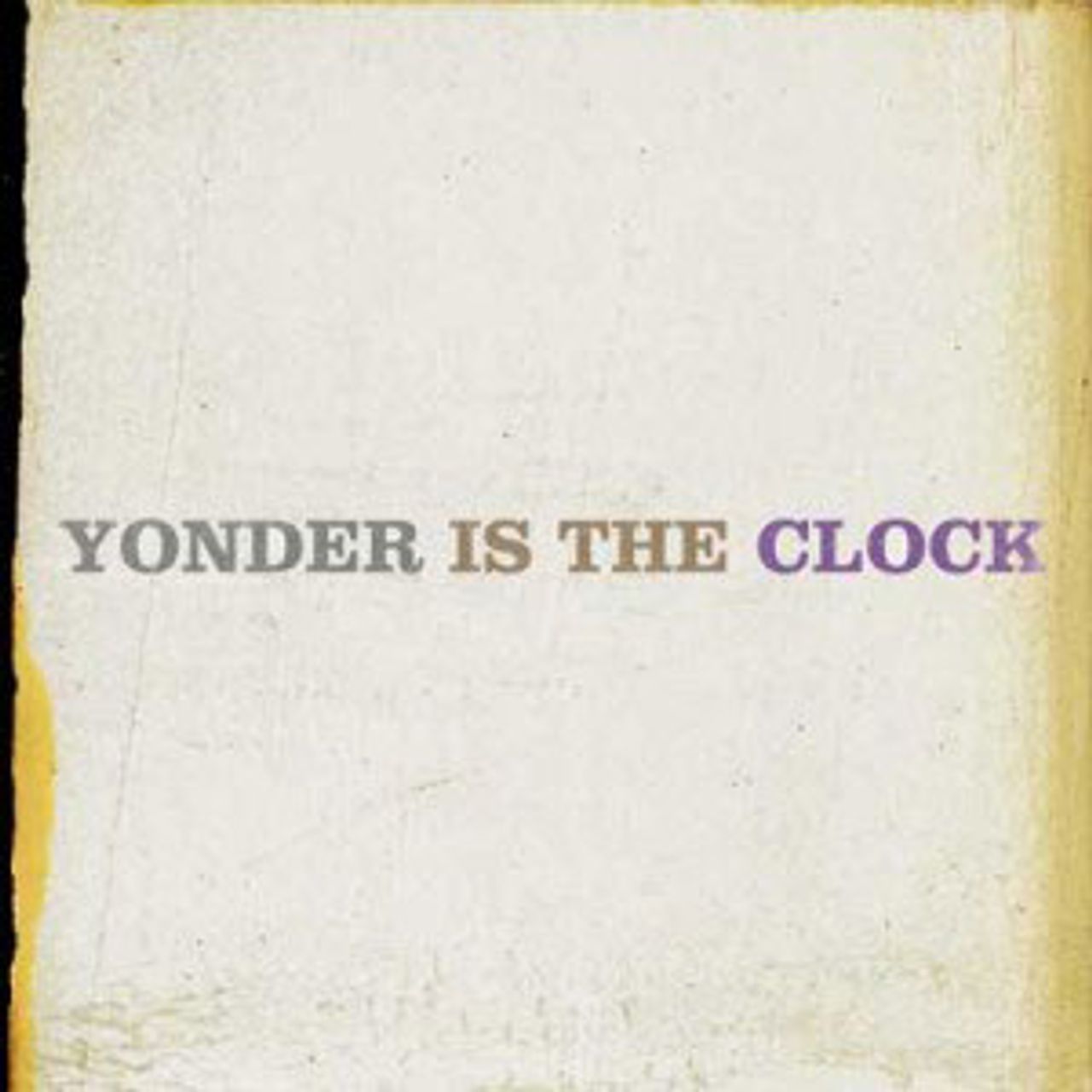 If the Felice Brothers’ Yonder Is The Clock’s receiving the award for Country album of 2009 from the BBC came as a surprise, it was only because the group is hard to define as a country band. The Felice Brothers combine genres for a unique sound, encompassing country as well as folk, roots rock, gospel, and bluegrass. They are a band steeped in the traditions of American, or Americana, music but are also not bound by those traditions.
If the Felice Brothers’ Yonder Is The Clock’s receiving the award for Country album of 2009 from the BBC came as a surprise, it was only because the group is hard to define as a country band. The Felice Brothers combine genres for a unique sound, encompassing country as well as folk, roots rock, gospel, and bluegrass. They are a band steeped in the traditions of American, or Americana, music but are also not bound by those traditions.
Simone Felice, the group’s drummer, was initially in a punk rock band that dissolved when he was 18, and after taking many years off from music, he returned to writing songs in 2001 after the September 11 attacks.
 The Felice Brothers —Photo: Mentor Noci
The Felice Brothers —Photo: Mentor NociHe was soon joined by brother Ian (vocals and guitar) and, in 2006, by youngest brother James (accordion, piano, and vocals), at which point they officially formed the Felice Brothers. Having grown up in a working class family in New York state’s Hudson Valley near Woodstock, it’s easy to see how their music might be inspired by and follow in the traditions of Bob Dylan and The Band, along with other folk and Americana musicians who have made their homes in parts of upstate New York.
The Felice Brothers eventually moved to New York City, taking along friends Christmas Clapton as a bassist and, later, Greg Farley as fiddle player. Sharing a cramped apartment in Brooklyn, the group honed their skills by playing their music in the city subways. Their first album, Iantown, was released in 2006. Since that time, the group has gained recognition touring with the likes of Conor Oberst (Bright Eyes, Monsters of Folk) and performing with former Band drummer Levon Helm in one of his Midnight Rambles.
Their latest work Yonder Is the Clock (released in April 2009) features a number of songs worth considering. “Penn Station” is among the more interesting of these. Like many recordings on the album, it takes up themes of loss, struggle and death. Starting slowly with ragged guitar and vocals, the song unfolds from the point of view of someone who appears to be a homeless individual living in New York City and sleeping in public bathrooms at Penn Station (Manhattan’s busiest rail station).
Having only “a toothbrush,” “a comb,” a “dead cell phone,” and nothing to live for, the narrator waits to die, and perhaps contemplates ending his life by jumping in front of a moving subway train. As the figure waits for the train that will take him “to Heaven,” he worries the train to Hell might be coming for him first. The song communicates real feeling for its tragic subject. One wonders what sort of lives the band observed during their time in the New York City subways.
The album also includes moving ballads like “Ambulance Man,” which memorably combines Ian’s intimate, whispering voice with James’s accordion. The song summons up a sense of loss and features sound effects that suggest the calm before a storm during the middle section, before rising into a kind of sad circus music in the conclusion. The lyrics describe a past relationship, fusing together the narrators’ emotions with images of decaying or disappearing amusements from his past: Coney Island, a rodeo, the cinema. It’s a haunting work.
“Sailor Song” seems the natural choice to follow “Ambulance Man.” It continues the somber feel of the previous song and also gives a prominent place in the arrangement to the accordion. James’s talents come through clearest here, as he plays the piano, accordion and also sings. The instrumentation creates the feeling of traditional sea music that seems to call out from the nneteenth century to today. The song’s narrator fears he will be forgotten, completely lost to history, that his death would completely erase any evidence that he ever existed. He uses the imagery of sailors going down with their ships: “No grave for the swallowed sailor/For fishermen and slaves/No grave for the swallowed whalers/Who whisper on the waves.” There is a sense here, and in other songs on the album, that lives are going unfulfilled, that potential is never allowed to flourish under the present social reality. Whether or not the Felice Brothers believe this is something that can be changed remains to be seen.
If the album ends on another sad note, it is not a hopeless or demoralized one. “Rise and Shine” is a slow moving folk song about a man visiting a sick friend. As he tells his friend about what’s outside his hospital window, describing the world unfolding around them, he reminds him that they’ll always be close and that “we won’t be changed/we’ll remain as one.” It’s a compassionate song which doesn’t retreat from the more difficult sides of lives, but looks directly and soberly at them. It provides a moving conclusion to the album.
Yonder Is The Clock comes after the band’s self-titled album in 2008 and, like that recording, sees the group moving away from Ian Felice as the central contributor and toward a more collaborative approach. The group continues to utilize sound effects in their recordings, mixing everything from the sounds of a concert audience to noises recorded in a chicken coop. These, however, play a subtler role on Yonder Is the Clock.
The Felice Brothers released another limited-edition work entitled Mix Tape in October 2009. Both albums reveal the phasing out of Simone Felice and his gradual replacement, with Christmas Clapton singing “Ahab” and every member of the band (except Simone) contributing vocals on “Marie.” Simone Felice has left the band to join Duke and The King.
Where the band is heading remains uncertain. In concerts, they’ve begun performing earlier work in new arrangements. “Frankie’s Gun” is now sung in a spoken-word style, “Take This Bread” occasionally features friends of the band singing a lengthy rap in the middle, and “Whiskey In My Whiskey,” a song first done in classic country style, is faster live and performed with a rock ‘n’ roll feel. All this may indicate restlessness on the part of the group, a need to do something fresh and new.
The band’s background and experiences have given their best music a depth and humane quality one has to admire. Songs such as “Penn Station,” “Rockefeller Druglaw Blues,” and “Greatest Show On Earth” express honest and genuine feelings about some of the most impoverished and desperate sections of the population. The recurring theme of death in a number of their songs, along with characters who seem to be “swallowed up” by history, suggests the group does not see a way out of the conditions they criticize. At times, the overall impact of Yonder Is the Clock is diminished by the inclusion of less interesting anthemic or “party” songs. One wonders if they were included simply because the group felt they needed to lighten the mood.
The Felice Brothers’ strongest music, with its emotional richness and genuine feeling for people who are struggling and burdened by the cares of the world, is worth hearing. They are a group to keep an eye on.
